
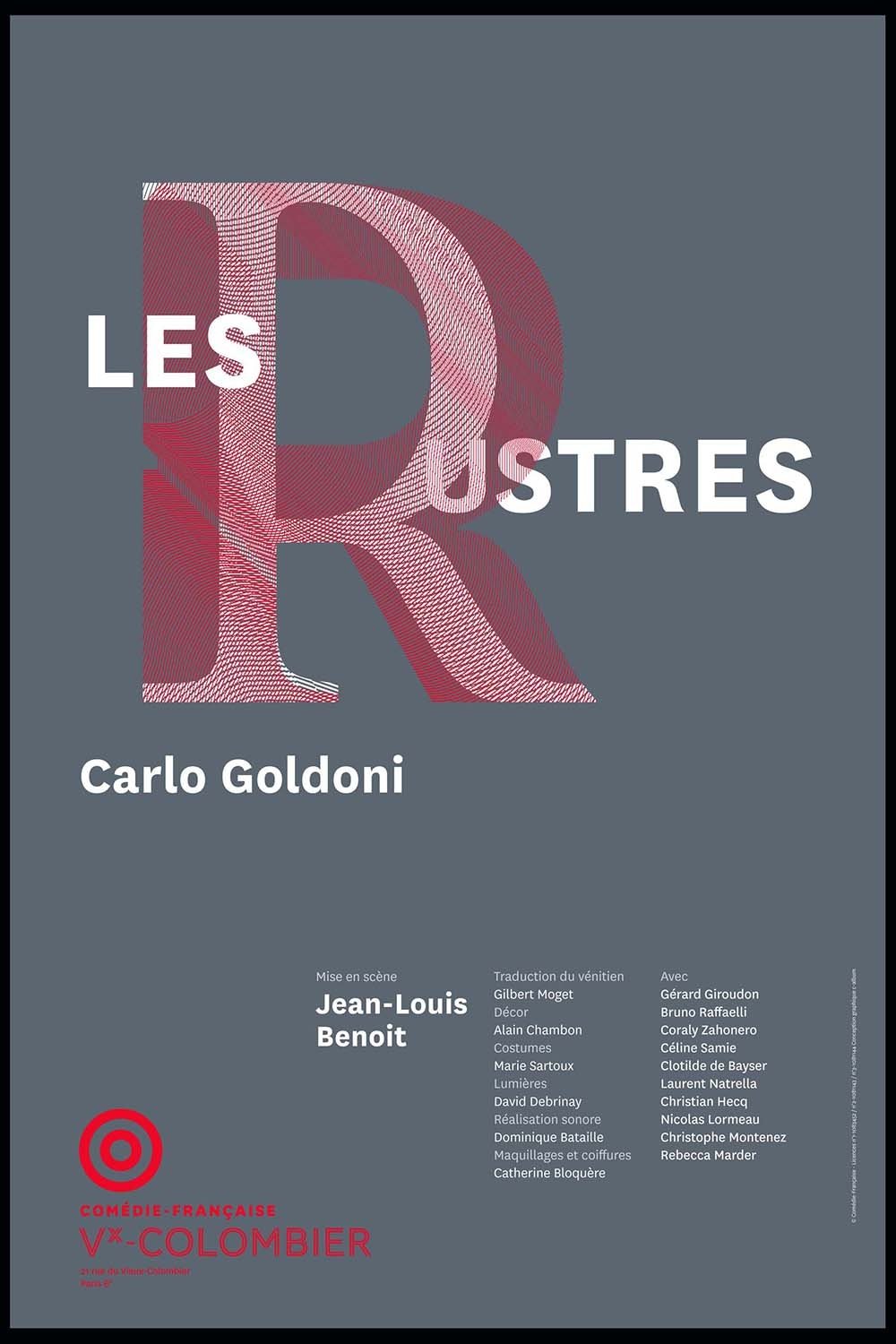
Written in 1760, Carlo Goldoni’s comedy has never been performed at the Comédie-Française, perhaps overshadowed by the famousHoliday Trilogy. A satire of the Venetian merchant class, embodied by narrow-minded, complaining and intolerant men whose mistrust of the fairer sex borders on the absurd, The Boors perfectly illustrates Goldoni’s theatre, a “theatre of life with a real content, characters observed in reality, and a natural expression.” Thus, a theatre in which the man Voltaire described as “nature’s son and painter” scrutinises his contemporaries, their relationships and their social behaviour. His work served to entertain while providing posterity with an acute testimony of the morals of his time. Indeed, Jean-Louis Benoit warns against reducing the author to a simple “photographer of reality”.
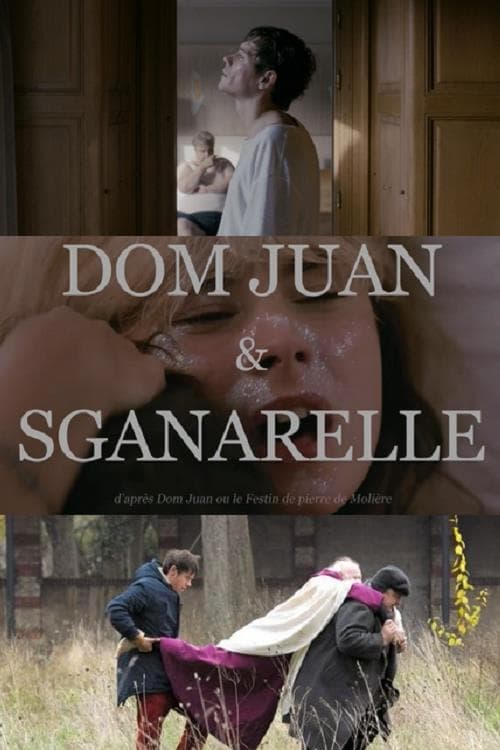
Woman hero Dom Juan lives a life full of excesses and love affairs. When he seduces the nun Elvire, but shows no interest in her a short time later, he gets to deal with her vengeful brothers. Dom Juan and his assistant Sganarelle have to flee and set out on a journey full of strange encounters.
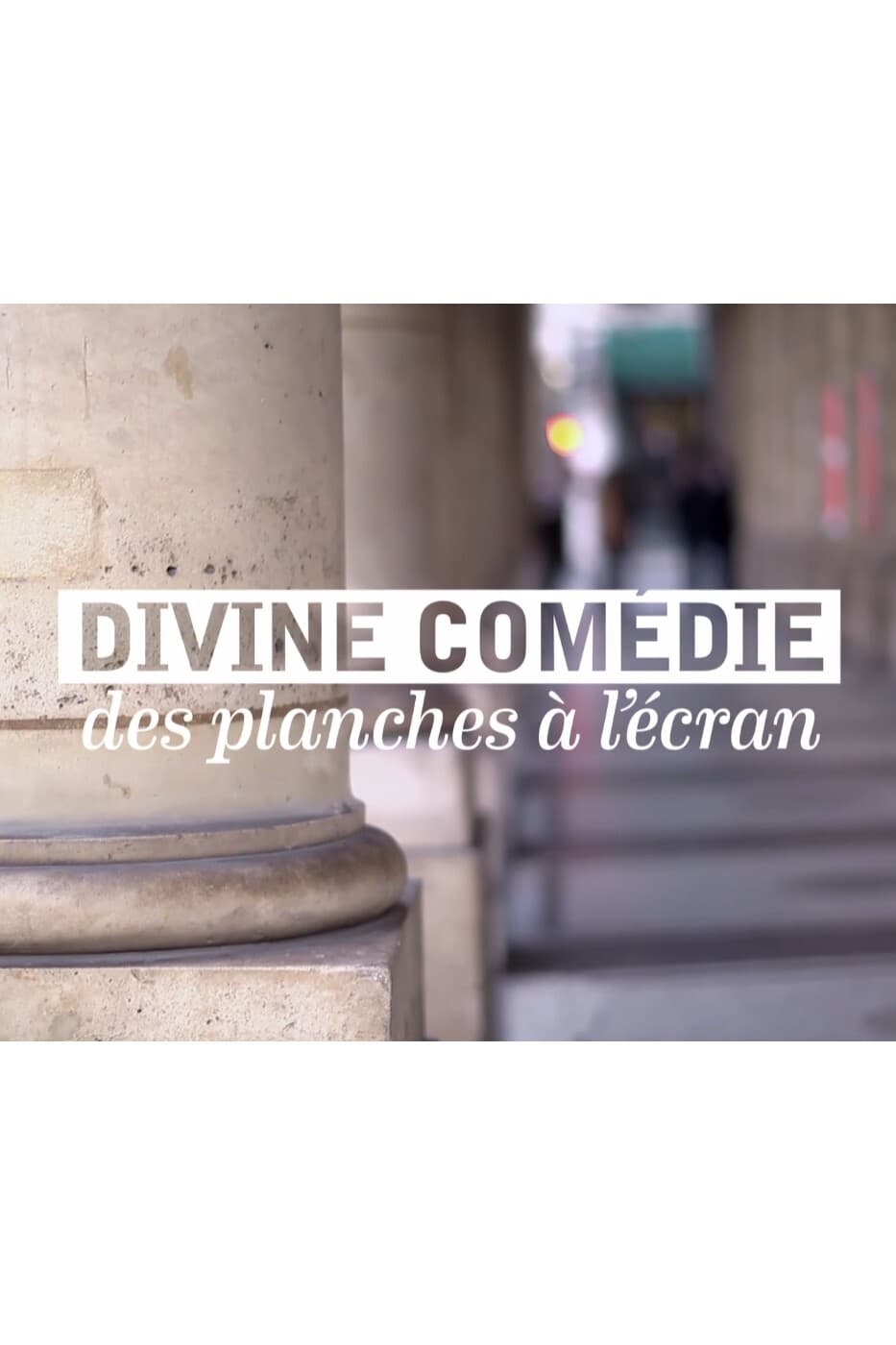
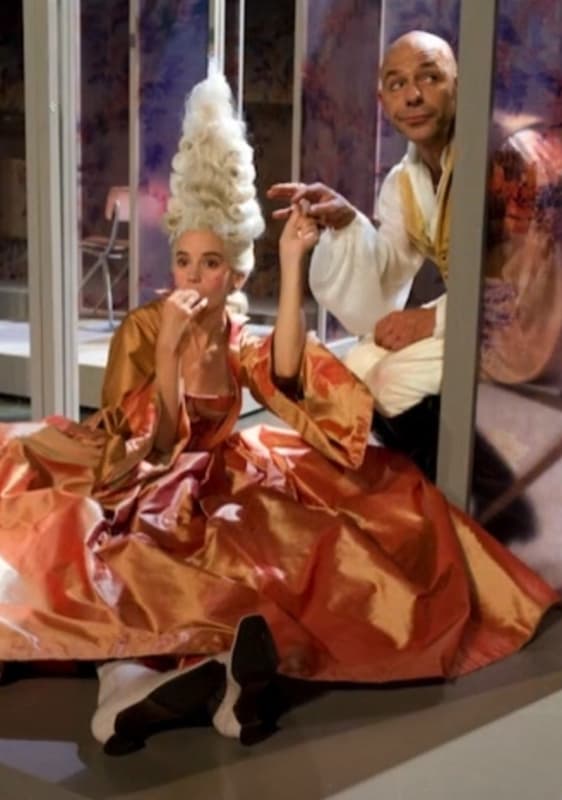
A staging of Marivaux's play "The Game of Love and Chance" by Galin Stoev.
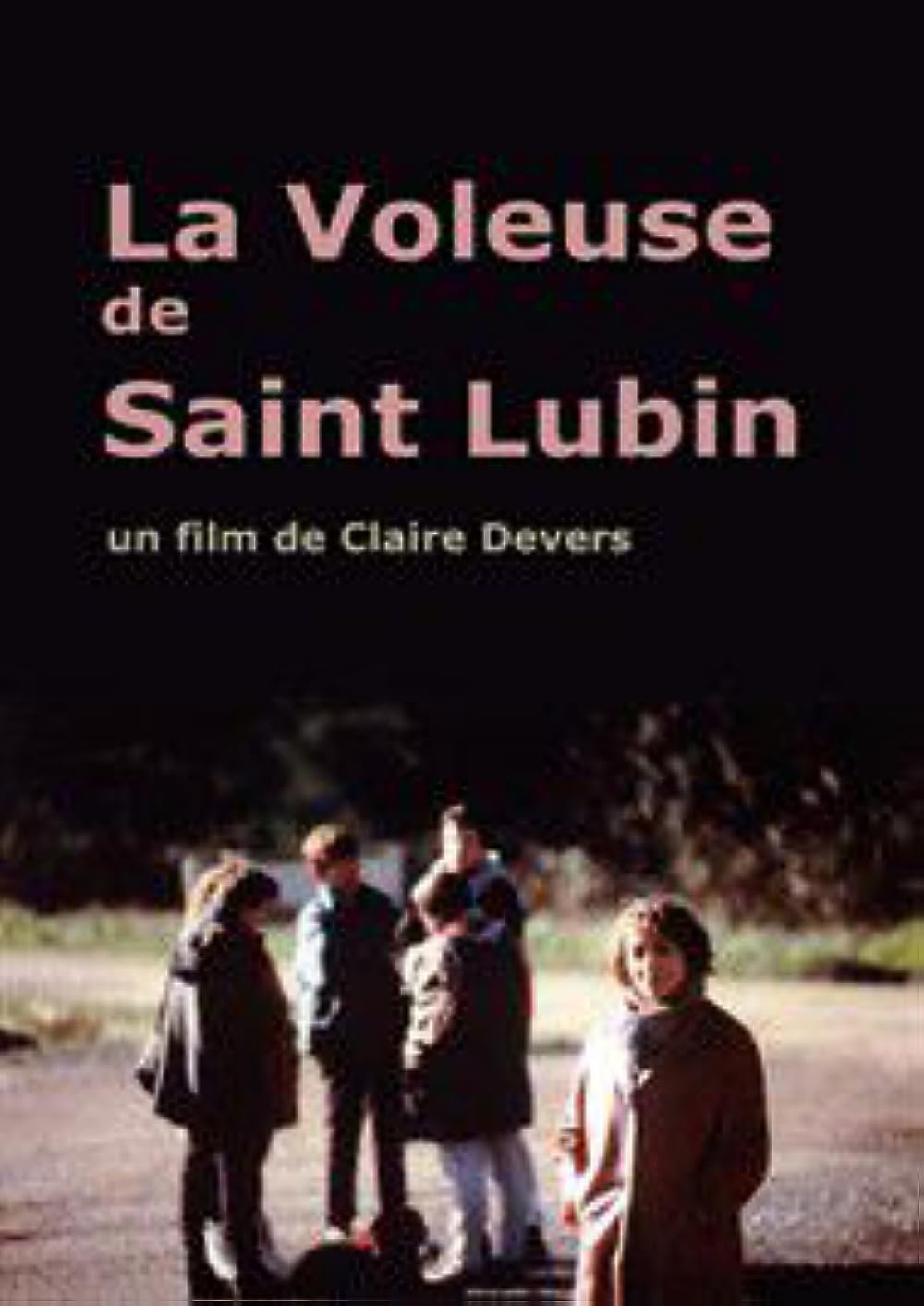
Françoise Barnier, the film's heroine, is a mother. One day, she stole something. She was in dire straits but no more so than usual. She was not in debt. She had always refused the degradation of excessive debt and charities, attempting to live in line with the rules laid down by society and the law. We follow her journey through the judicial institution. Here, two ideas of justice and law collide.

In a mining town which has been blighted by economic downturns, an elementary school headmaster struggles to obtain social services on behalf of his students.
By browsing this website, you accept our cookies policy.